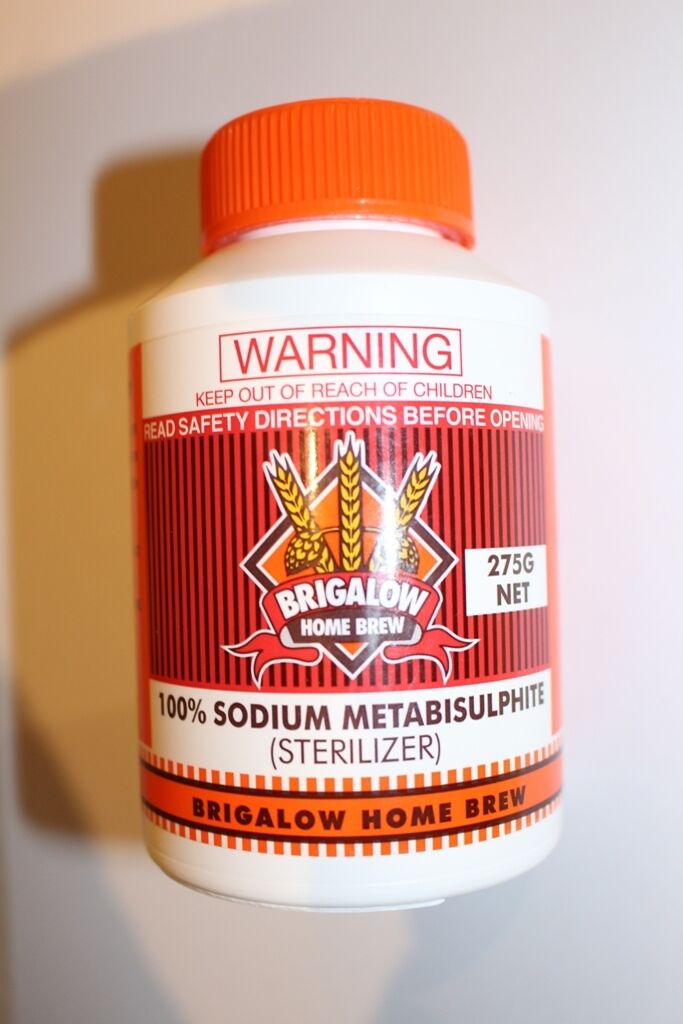Had a read of the thread about the Janet's Brown recipe on The Electric Brewery the other day
It was under general recipe discussion started by Pratty 1
They use potassium metabisulphite heres what they said
Potassium metabisulphite
Popular with wine makers,
potassium metabisulphite is used to help preserve and prevent oxidation in wine. It often comes in 500mg tablet form called '
campden tablets' but be aware that campden tablets can be either sodium or potassium metabisulphite. We recommend limiting the use of sodium in beer so make sure to use the
potassium metabisulphite version if you go with tablet form.
In beer making potassium metabisulphite is used to remove chlorine or chloramine from the tap water. If left in, chlorine or chloramine can give beer a band-aid or plastic taste.
Chlorine or chloramine is added to most public water supplies to kill disease-causing bacteria that the water or its transport pipes might contain. Brewers from years ago used to be able to simply leave water to sit out overnight to allow chlorine to evaporate but most municipalities now use chloramine instead as it is more stable (doesn't break down or evaporate as easily). Leaving it out overnight will do next to nothing.
Typical municipalities use up to 3 ppm of chlorine or chloramine in their water. 500mg of
potassium metabisulphite is enough to treat up to 20 gallons of water. This is perfect for our setup as we always start with 20 gallons of strike/sparge water and our municipality uses 2 ppm of chloramine. Check your municipal water report to see what is used in your region. Most, by law, must publish water reports yearly that show the average levels of various chemicals. If in doubt, assume your municipality uses chlorine or chloramine in the water (as most do). There's no harm in using 500mg of potassium metabisulphite in your brewing water. The effect on the other water properties is negligible.
Some brewers choose instead to use
charcoal based water filters to remove chlorine or chloramine. Charcoal filters remove less chlorine/chloramine as they become saturated, and the amount removed is directly related to the speed at which the water is passed through the filter. So how do you know when to change your filter or at what speed to filter? Good question. We have no idea! This is why we use
potassium metabisulphite in 500mg tablet form instead. It's quick, dirt cheap, and works instantaneously.





